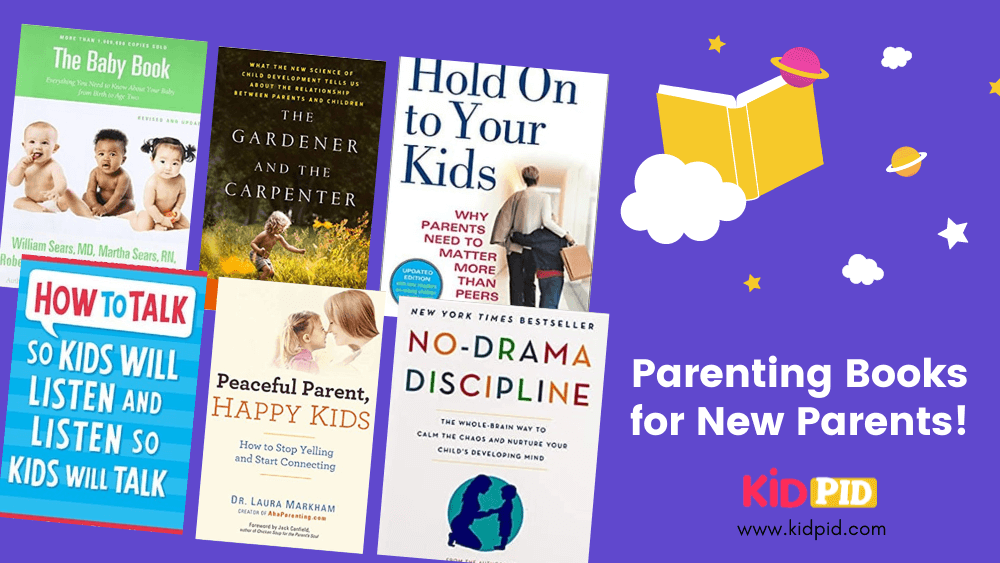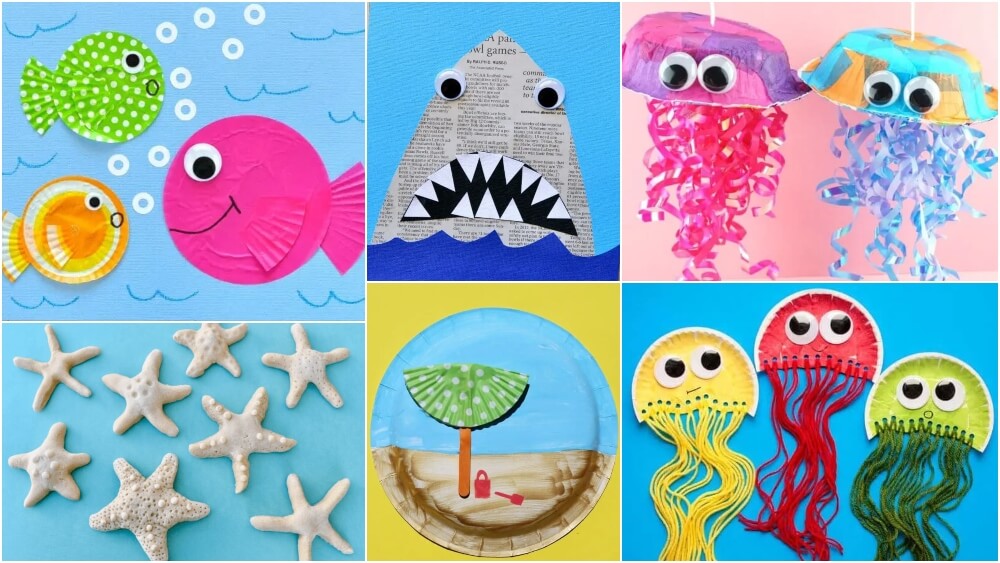Parenting Tips That Will Make Your Kids Love School

Parents sometimes become dissatisfied with their children’s lack of interest in school. Getting children enthused about studying and attending school might be difficult. The truth is that it might be difficult to come up with the needs and motivations for your children to desire to attend school. The ideal place for kids to develop their interests and hobbies is at school, where they can make friends with similar activities and meet instructors who can help them get better at their work. Every parent wants their child to enjoy studying and attending school. However, it’s common for kids to suffer some bad things with both, particularly during the epidemic.
Establish a tone
Early in the morning, set a pleasant tone. Even though we all have morning grouchiness, you may assist your children in preparing for a good day by being upbeat. So that they won’t fear going to school, talk to your kids and get them raved about it. If you’re positive and enthusiastic, you’ll be able to smile when you drop your kids off at school.
Funnel learning
The good news is that young learners do exceptionally well. When children are interested in a subject and a safe environment, their eagerness to learn is a joy to witness. Children are incredibly easy to inspire since they pick up on things from individuals around them. If you exhibit signals of eagerness, others will too. When you provide a little mystery and interest to a story, kids are immediately engaged. For example, changing your voice tone could have a big impact on the situation.
Encourage your youngster to go to bed early.
This is crucial because young children who go to bed early typically get higher grades. These parenting hints work for both young children and older kids! A regular sleep cycle is essential for a child’s growth.
Create a rewards program.
Create a reward system for your children to work hard for and enjoy school. You may recognize improvement as well as just high marks. Your children will be happy at school if you acknowledge good work. With effort-based encouragement, they are far more likely to develop into and like school more over time (as opposed to results-based). Depending on your child’s age, you may reward them by taking them somewhere fun and allowing them to pick what to watch on TV or for supper.
Each day, read to your youngster.
Reading is not limited to books; it also encompasses periodicals, newspapers, and even traffic signs! Reading aloud to your child instead of reading quietly for yourself is one of the best parenting advice for reading skills. Playing reading games with your child can also help them develop their reading abilities.
Arrange Children’s workspace
By creating dependable family routines and ensuring that students have enough time to finish their schoolwork, parents may reduce the stress caused by homework. Consider your child’s preferred atmosphere for doing homework in addition to a timetable. Maybe the youngster wants a close parent. Maybe they want to study by themselves. In either case, researchers advise giving youngsters as much freedom of choice as possible. Allow a kid to customize his workstation.
Don’t push for excellent marks.
You cannot force your child to get excellent marks by following parenting advice. But, even if they don’t receive As you should still be glad to learn and study! Grades alone cannot measure the quality of education. Allow them to explore at their speed, and give them as much assistance as possible.
Engage them in school-related activities
The greatest method to increase your child’s enjoyment of school is to encourage them to participate in extracurricular activities. Your child will have something to look forward to after school with clubs and teams. They’re a fantastic method to relieve any tension your youngster may have developed over the school day.
Consolidate lessons
Encourage your youngster to follow their interests at all times. If you discover that they are interested in a particular subject, you should help them retain what they have learned. Why not take your child to a museum, for instance, if they enjoy history? If your children are interested in science, you may also get them some books to learn more.
When necessary, intervene.
Parents might attempt to assist children in identifying the component of the activity or idea that is challenging when they are having difficulty with a learning task or a new concept. As a result, they can learn to divide work into manageable chunks and avoid frustration.
Don’t Just Concentrate on the Bad
Many parents start their child’s academic journey with a strong emphasis on being a cheerleader before gradually shifting their attention to errors and grades. But it’s crucial to concentrate on the procedure rather than the result. We must try to find something to cheer about them, seize the opportunity to be their biggest supporters, and keep our attention on the good things rather than the bad. Success in the kind of thinking required to handle many open-ended, creative tasks depends on a strong process focus.
Compare yourself not to other children.
Comparison steals happiness. Avoid making your child feel inferior to others since comparison might kill their interest in a subject. Instead, encourage and inspire them so they will stop despising their school and class.
Getting along with instructors.
You must ensure your child gets along with their classmates and teachers because good parenting always includes good perfomoance in the classroom! Your kids can never be taught too young that being kind is much more rewarding than being mean.
Encourage friendships
Inform your kids that they can bring their pals around at any time. Inquire about their pals, and help your kids make new ones. Children might look forward to coming to school if they have a supportive group of peers. Encouragement of socialization is crucial for a child’s growth, so be sure to do so. According to instructors, developing social connections with peers is a key component of education. Some of the most significant individuals in a child’s school life are their friends. Therefore, a child’s attitude toward going to school is also examined when those relationships are tested. According to him, more socialized students can better work together and form cohesive groups in a classroom environment.
Ahead, start on your studies.
According to some parenting guidelines, start tutoring when your child is enrolled in preschool or kindergarten. This is because the age of kindergarten has changed greatly. This will give kids plenty of time to prepare for elementary school by studying and being familiar with the subjects.
Participate in their academic endeavors and lend a hand.
Help them where they need it, but don’t yell at them with your strict parenting advice! However, you may always assist them with their academics if they require it or want you to. When your kid is having issues in school, the key is to be understanding and supportive of them. Homework has several advantages, and as parents, it allows us to grasp our children’s comprehension better since early parental engagement is crucial.
Encourage kids to find their passions and interests.
Naturally, assisting kids in finding and researching subjects that interest them is one method to foster a love of learning. According to studies, letting kids choose the subjects they are most interested in learning about improves learning. This is one of the main arguments in favor of instructors incorporating choice into the classroom. Please discuss with your child his activities, reading, watching, and learning. Introduce him to other activities, such as visiting zoos, theaters, and museums. Help him borrow books from the neighborhood library on a range of subjects. These activities may all be used to identify and pique your child’s interests.
Offer practical experience
Research has consistently proven that children learn best via hands-on experiences. Students learn best when they move, touch, and experience. For instance, research indicates that students are more likely to provide an accurate response when they act out a mathematical word problem than where
Assess the Learning Style of Your Child
Children each have a certain learning style or method of instruction that works best for them. According to educators and psychologists, the three primary learning styles are visual, auditory, and kinesthetic. To assist you in figuring out a child’s learning style, there are numerous online questionnaires accessible. However, you can also make an educated estimate based on the child’s interests and the kinds of activities he appears to love. Children who learn by doing find it more fun and aids in knowledge processing.
- Make learning a two-way discussion between you and your child, and allow them to make mistakes and try new things.
- You’ll be surprised at how much his passion for learning increases if you give him the chance to receive a personalized, hands-on, and creative education.
- Talking to your children and encouraging their enthusiasm for learning can prevent them from dreading going to school in the future and make them look forward to it.






Responses